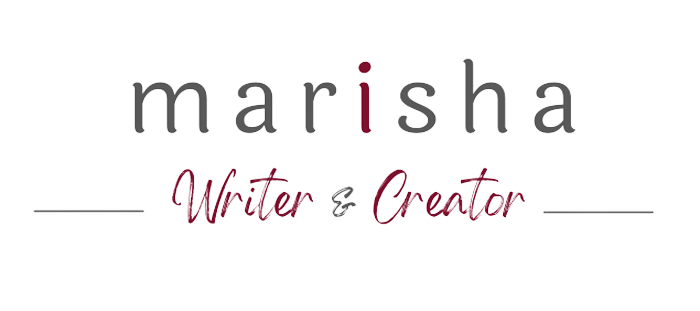Each country has a Central Bank that processes and filters international banking regulations for their implementation in the said country. The main role of this financial institution is to maintain currency stability and to manage the country's money supply. On a side note, the governor of the Lebanese Central Bank, called Banque Du Liban (BDL), has been nominated the best in Asia for several years regarding the policies applied to keep the stability of the sector and hence part of the economy in a country with tumultuous political, economical and social affairs.
Ever since governments have been focusing on reinforcing Anti Money Laundering (AML) practices and abiding by the general rules and regulations pertaining thereto, a Know Your Customer (KYC) form has become a must. It allows the bank or any other financial or non-financial institution to perform and complete customer due diligence (CDD) before taking them on board. Yes, you are reading right. The institution will profile you before accepting your money and/or trade. This process entails verifying the customer and their background and validating their authenticity prior to conducting any business. This process gets tricky when the entity opening the account is a Politically Exposed Person (PEP), or an NGO (Non-Governmental Organization)... This could be clarified within another article on banking compliance matters.


